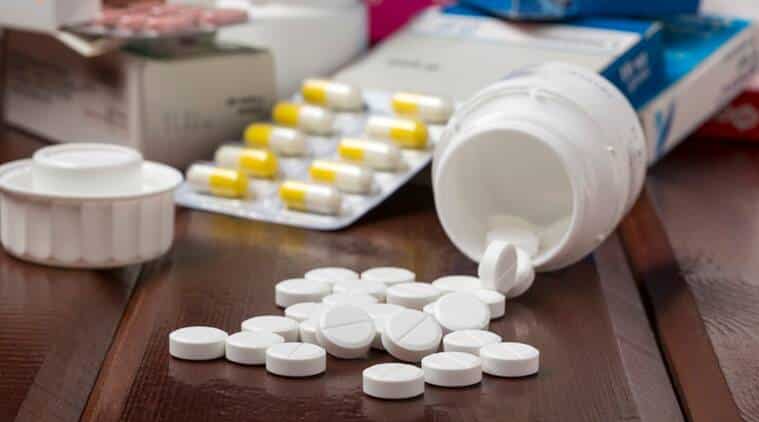Scientists are recycling paper waste to make over-the-counter painkillers
Thu 13 Jul 2023
Ibuprofen and paracetamol have little to do with paper or pine trees. However, a recent study suggests that they may be far more interconnected than previously believed in order to support a more environmentally friendly future for the pharmaceutical sector.
These kind of painkillers are among the most popular over-the-counter medications available. Simply purchase a carton of the drug from your neighborhood pharmacy to treat minor pains and fevers.
Although you might not have noticed it in your quest for relief, the substance is frequently produced in massive numbers, which can seriously harm the environment.
The pharmaceutical business generated more tons of carbon dioxide equivalents per million dollars than the automotive industry, according to a 2019 report by The Conversation. It still produces 13% more pollution than the automobile market, although being 28% smaller.
Scientists are attempting to lessen the harm caused by its manufacture due to the impact it has on the environment. The pine trees have a role in this. In order to create synthetic analgesics, a team from the University of Bath’s Department of Chemistry has developed a technique to use a chemical found in trees that is a waste product from the paper industry.
In a study that was published in the journal ChemSusChem, it was discovered how to turn the turpentine component ß-pinene into medicinal precursors. This can eventually be synthesized into 4-HAP, a beta-blocker present in household cleansers and asthma inhaler salbutamol, as well as paracetamol, ibuprofen, and other medications.
The majority of businesses currently utilize crude oil as a derivative, however it appears that turpentine would be a more environmentally responsible choice.
Every year, the paper industry produces about 350,000 metric tonnes of waste turpentine. Additionally, because the price of paper is less erratic than the price of oil, medicine prices might be a little bit more stable than they are right now.
The main drawback is that using turpentine instead of crude oil increases the cost of manufacturing the drug. Given that healthcare is already regarded as a luxury, increasing the cost of over-the-counter medicines may not be the best course of action, even though it would benefit the environment.

 Apr 27 2024
Apr 27 2024













